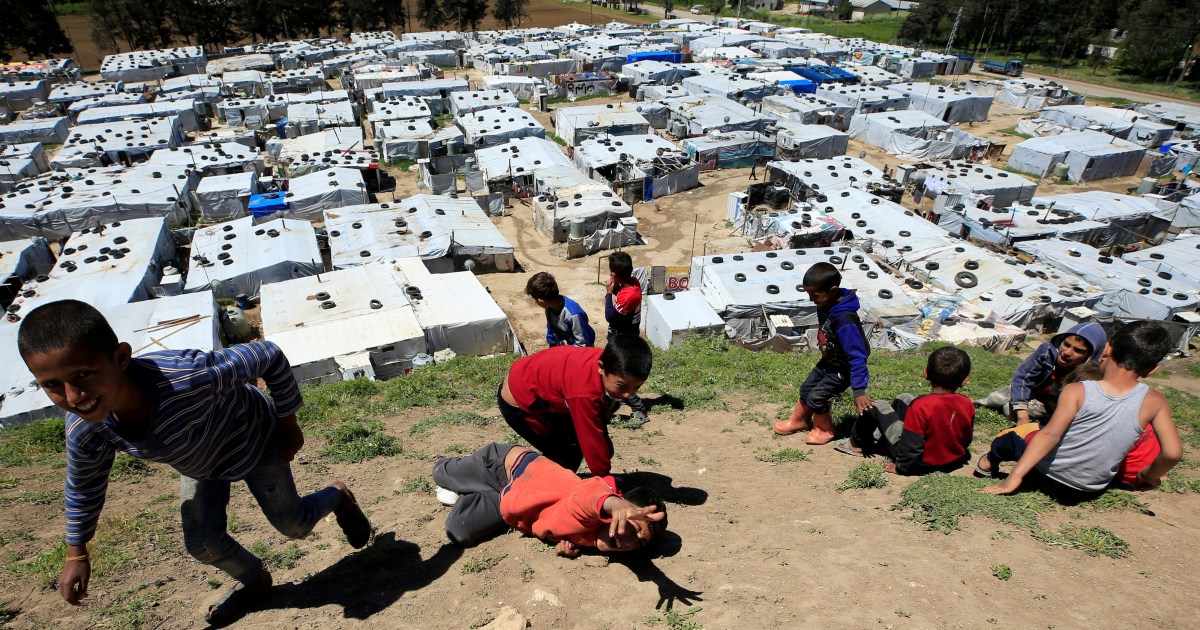Save the Children (Save the Children) warned today, Wednesday, that about a million people in Beirut do not have enough money to provide food, more than half of them are children threatened by hunger due to the prolonged economic crisis in Lebanon.
"In Greater Beirut, 910,000 people, including 564,000 children, do not have the money to buy their basic needs," the organization said in a report.
"We will start watching children die of starvation before the end of this year," said Jad Saqr, the agency's acting director in Beirut.
"The crisis hits everyone, Lebanese families, as well as Palestinian and Syrian refugees," he added.
The "collapsed" Lebanese economy, according to the report, prompted "more than half a million children in Beirut to struggle for life or to starve." He said that their families are unable to provide for their basic needs of food, electricity, fuel, health supplies and water.
Economic collapse
Lebanon is witnessing the worst economic collapse in its recent history, especially with the lira losing more than 80% of its value against the dollar, which has eroded purchasing power. About half of the Lebanese people live below the poverty line. Lebanese were forced to swap their clothes and possessions on social media with milk boxes and diaper bags for their children.
Lebanon hosts 1.5 million Syrian refugees, about a million of whom are registered with the United Nations. The government also estimates that there are more than 174,000 Palestinian refugees in Lebanon, while unofficial estimates indicate that they number close to 500,000.
The organization quoted a Syrian young woman, who is the mother of three daughters, from the south of Lebanon, as saying, "If we have something to eat, we eat. If we don't, we don't eat."
And it prompted her nine-year-old daughter only to offer her parents to go out onto the main street to sell tissue paper to her that would provide food and milk for her two sisters.
The organization urged the Lebanese government, which held fruitless negotiating sessions with the International Monetary Fund to obtain support, to put in place mechanisms to secure the basic needs of the most vulnerable.

